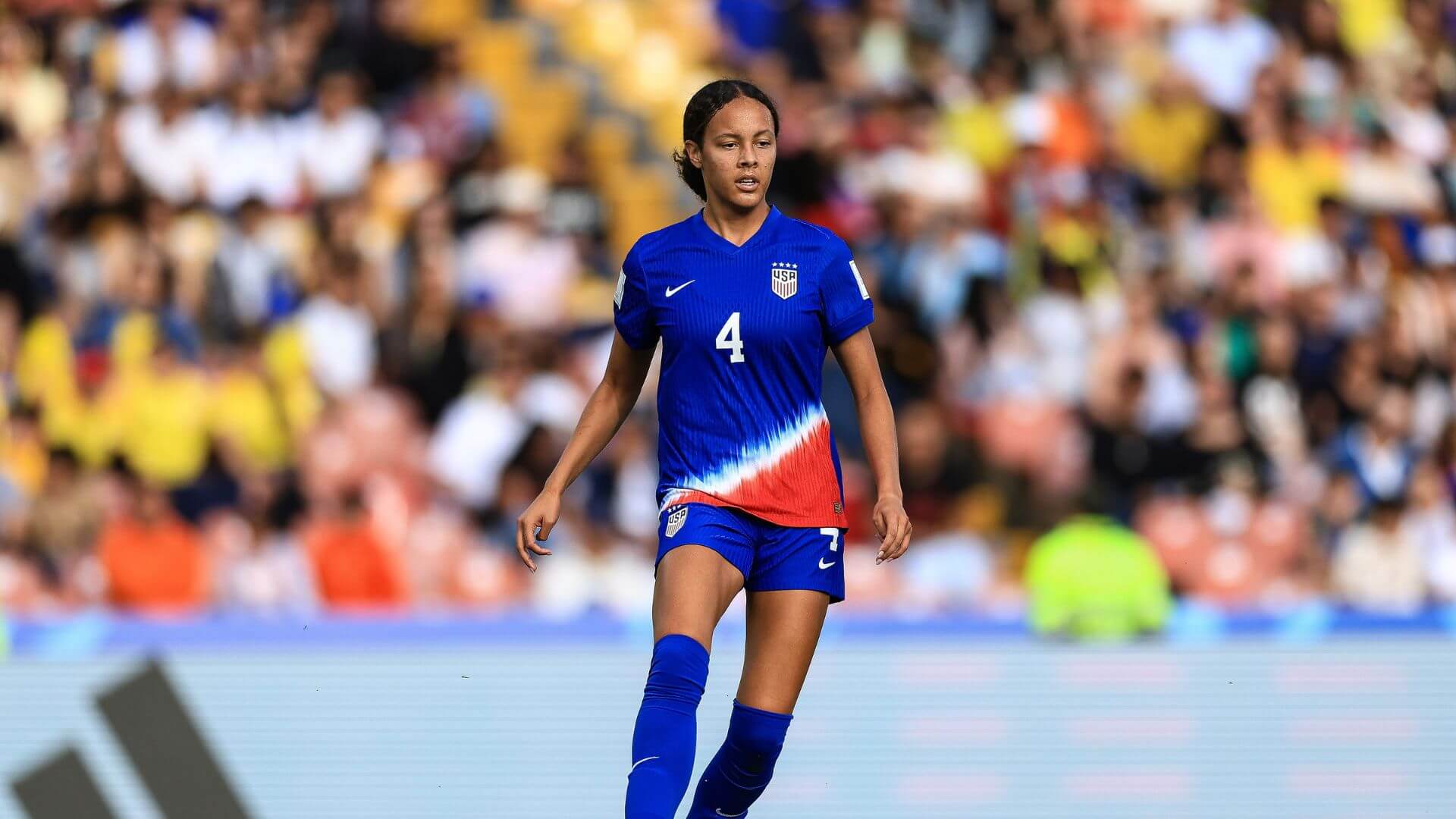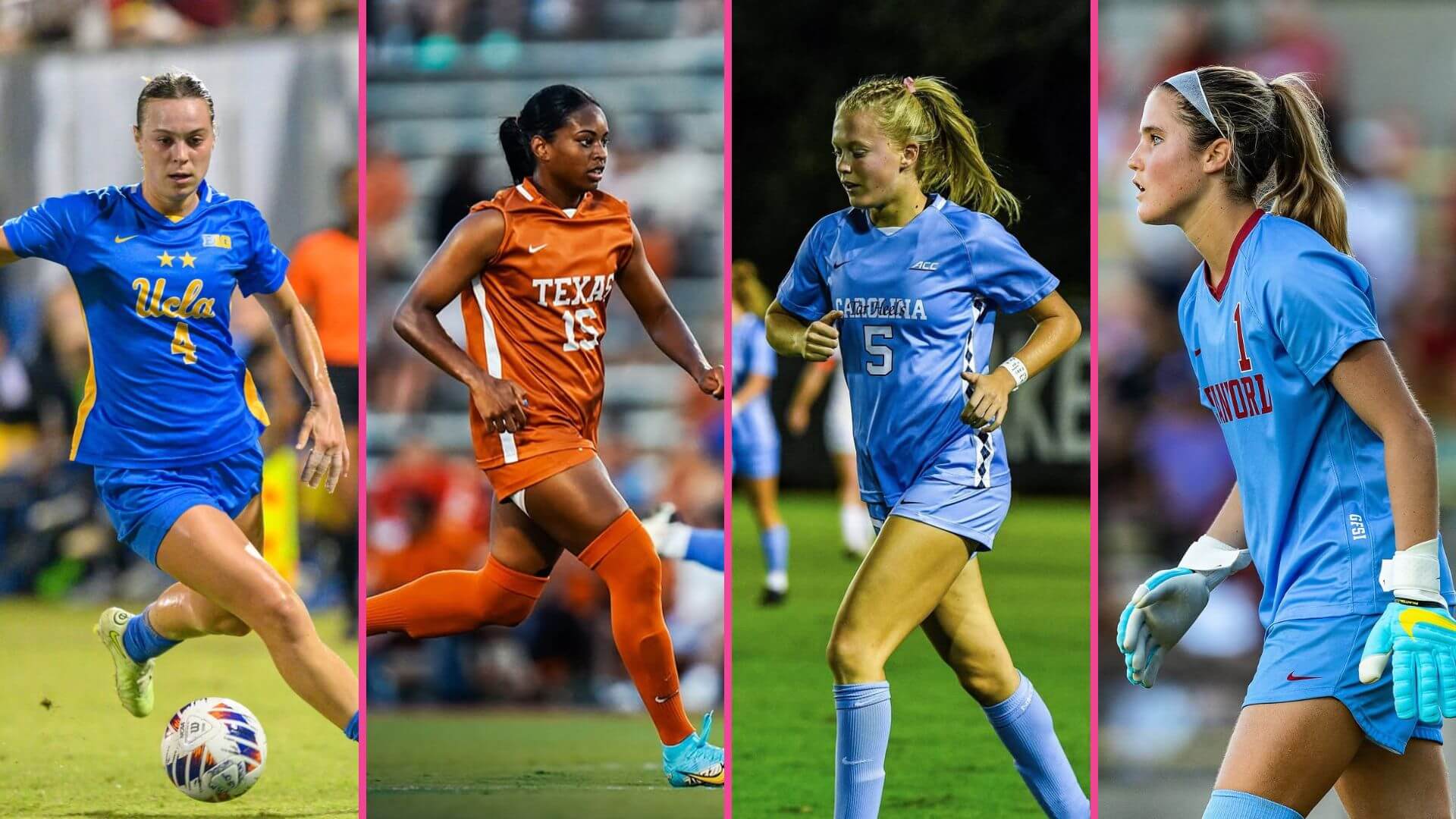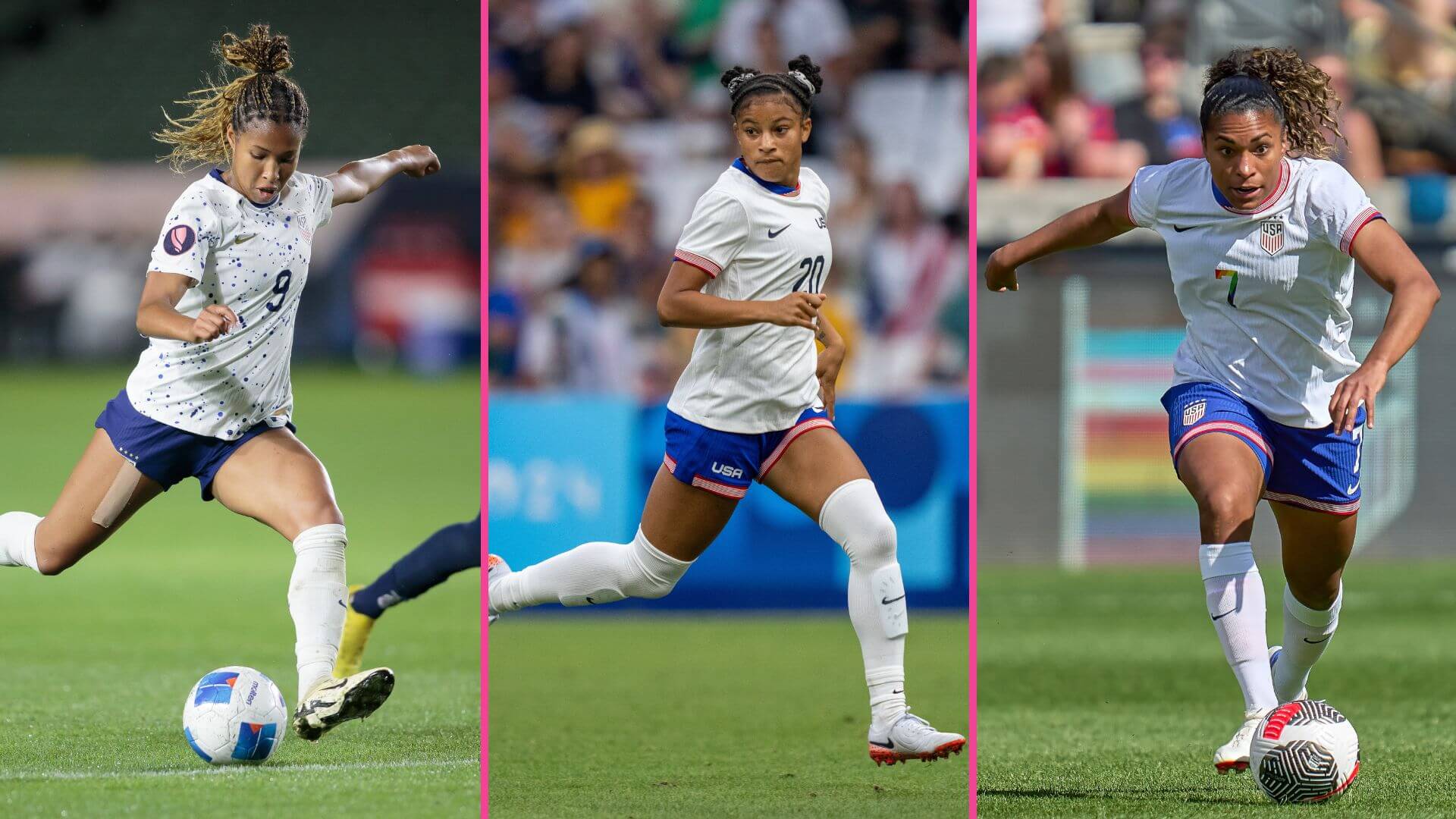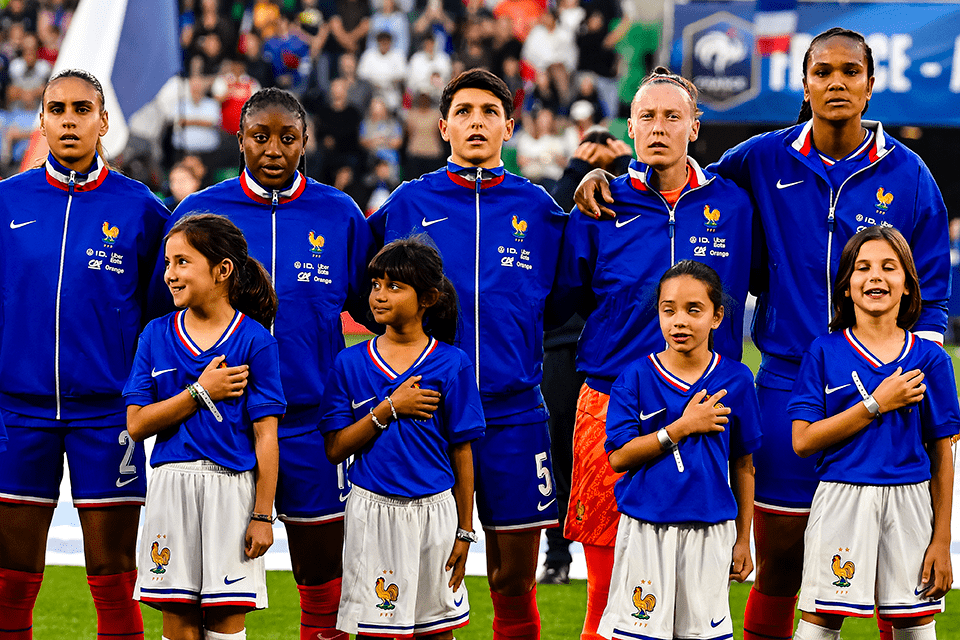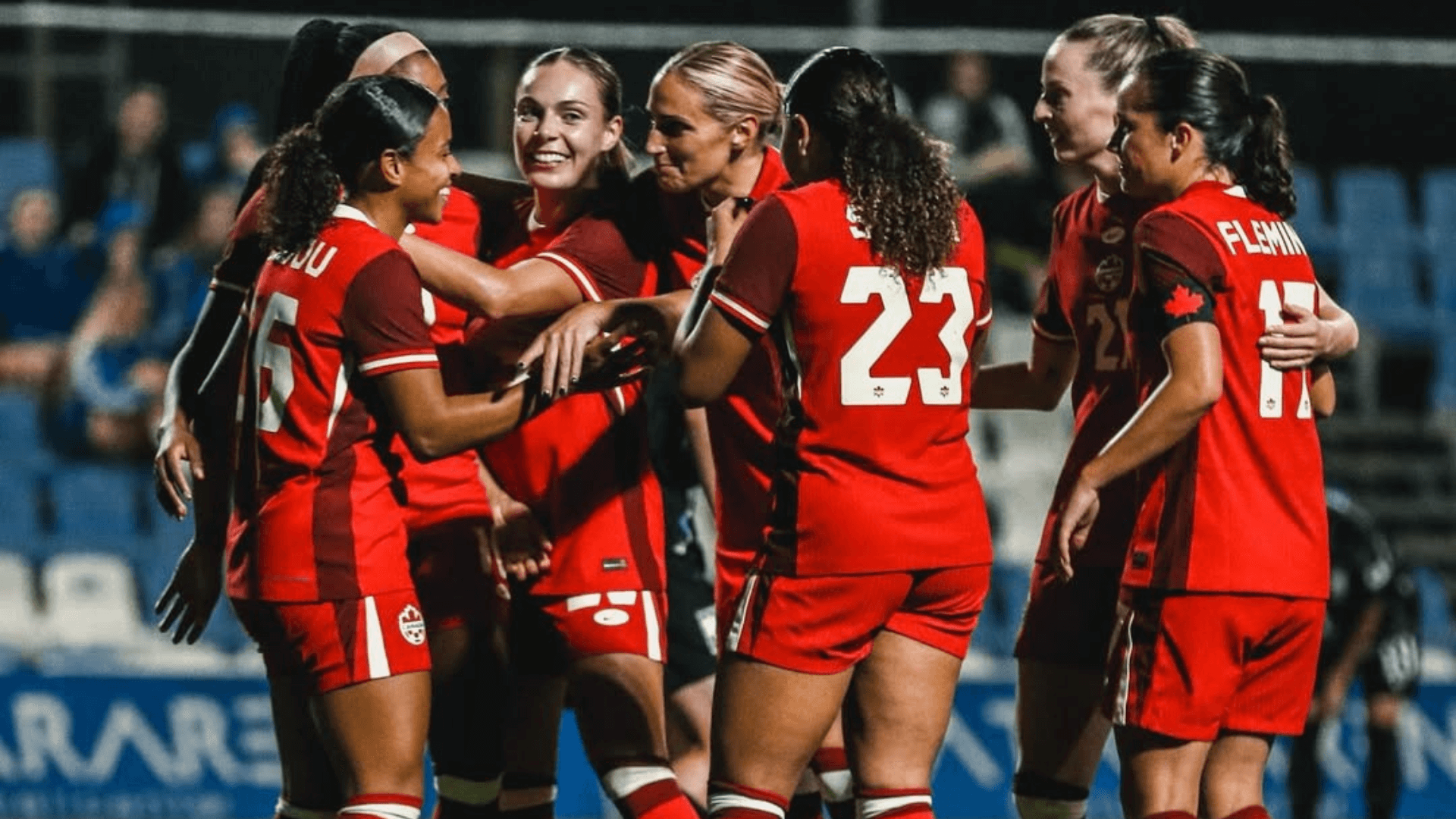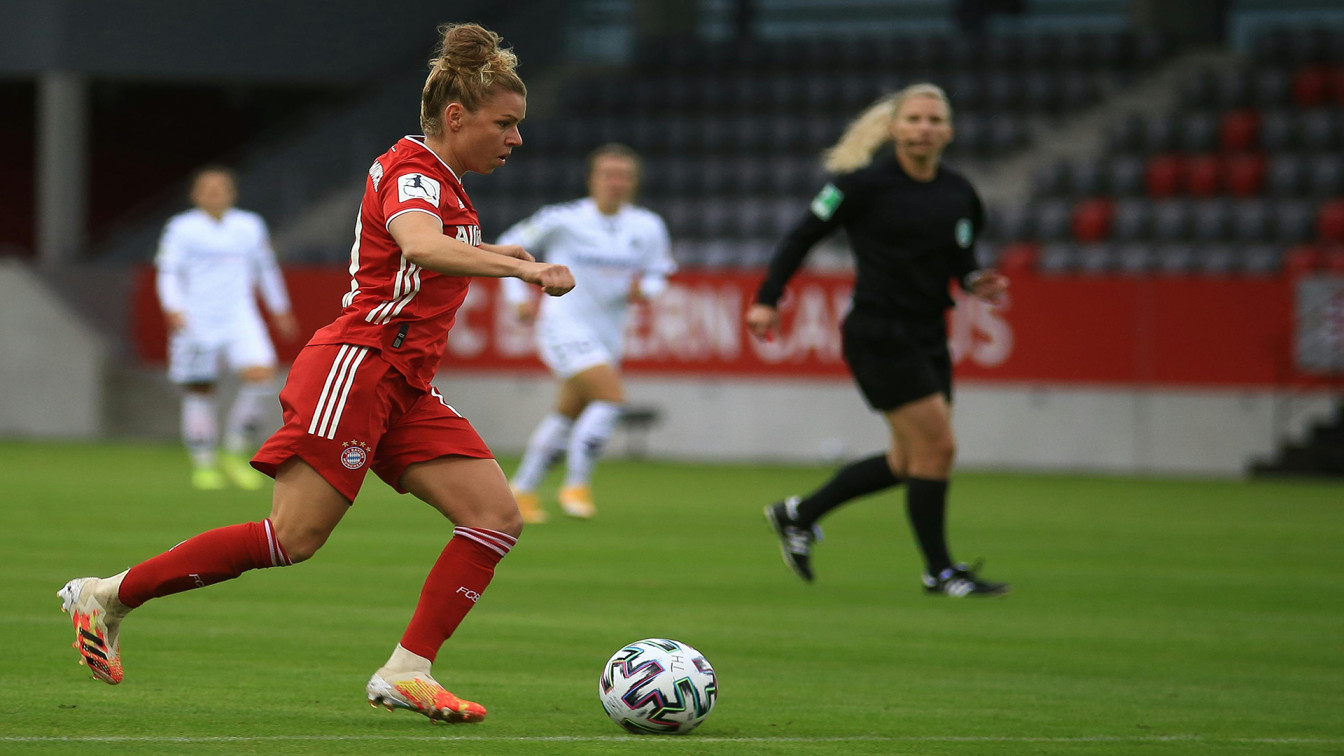Field of Dreams, For a Day: Chicago Red Stars Women Takeover Wrigley Field
Can the spirited lady sluggers of Wrigley Field’s past be summoned to bring Chicago together to celebrate a women’s soccer team?
New Chicago Red Stars controlling owner Laura Ricketts is betting on it.
The narrative around women’s soccer and sports is one of the splashiest topics in the news these days. Everyone is finally catching on to how exciting watching women compete is. It’s a beautiful moment for those of us who have long supported female athletes and one that genuinely feels like the turning point for generations to come.
Without a doubt, the sport of soccer is at the center of this upward trajectory and perhaps the more significant wave of feminism that has rippled across the world in the era of “#MeToo.” One could even be so bold as to say that the U.S. Women’s National Team helped ignite the third wave of feminism. Their grassroots efforts to grow the sport and deliciously defiant stance against the glaring inequities that female athletes face have made all we’re witnessing possible.
This is why it’s important to take a beat and think about the extraordinary event of the Chicago Red Stars playing at Wrigley Field on June 8. Not just playing but attempting to break the current NWSL attendance record of 34, 130 held by Seattle Reign for Megan Rapinoe’s last game. This would be a big jump from their average attendance; however, it cannot be underestimated that the location of their regular field, located in Bridgeview, is not an easy location to get fans to.
In terms of attendance, the team faces another obstacle because the people of Chicago have so many choices when it comes to sporting events. While Chicago may be the most ravenous sports city in America, it’s not easy to be a women’s sports team in a city whose headlines focus on Bears, Blackhawks, White Sox, and, of course, the Cubs.
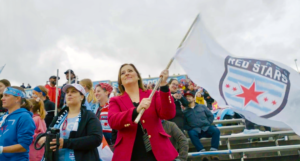
For those of you who follow baseball and women’s soccer and live in or around Chicago, you may have put together some things that could make such a challenge possible. The Ricketts family owns the Chicago Cubs, led by Laura’s brother, Tom. The scrutiny of owning such an iconic team is endless, but the family has done well reviving the Cubs, winning a Championship in 2016 and investing heavily into restoring Wrigley Field and redeveloping the surrounding area, Wrigleyville, which is seen as a massive improvement by most in the city.
Last year, Laura Ricketts, the lone sister to the three Ricketts brothers, led a team of primarily female investors and bought the Chicago Red Stars, a team riddled by poor management, player abuse allegations, and struggling ticket sales. As a former lawyer, businesswoman, and LGBTQIA advocate who in 2013 was inducted to the Chicago Gay and Lesbian Hall of Fame, Laura Ricketts knew she was stepping into a situation far different than her experience at the well-established, hallowed halls of Major League Baseball.
When she took over, the Red Stars had survived years of mismanagement and allegations of abuse at the hands of their previous owner and coach, who was given a lifelong ban from ever working in the NWSL again. Back in the early days of the NWSL, owners were often wealthy individuals who simply wanted to help college players extend their playing careers and hoped the sport would catch on. While this may sound noble, and often was, it takes more than that to create a healthy, thriving team atmosphere and sell tickets.
It took a while, but eventually, the cracks in the system became impossible to ignore. Players began to speak out about the mistreatment and for a couple of seasons, it heartbreakingly felt like an epidemic. It certainly was not just the Red Stars. Other teams, like the Portland Thorns, Sky Blue F.C. (now Gotham), the Washington Spirit, and Racing Louisville, all had to have their own #MeToo moments to merely right the ship. At that time, the league simply had no infrastructure in place to protect players, and women’s soccer, at a professional level, was still not selling enough tickets to bring in the sponsors the league would need to put the proper guardrails in place to safeguard these athletes.
Thankfully things have changed in the last few years. The owners of the past feel more like relics. If you look around at the new owners coming into the league, their profiles are markedly different, and not just in terms of the capital they have access to. Like Laura Ricketts, some have experience in professional sports ownership and the business savvy to understand how to build a successful organization for the long haul. There are also positive shifts in the ratio of women-led teams, especially for the expansion sides like Angel City, San Diego Wave, and Bay FC. The landscape is clearly shifting, and not because it’s just a good look to support women’s sports, but because more and more women’s soccer is looking like a smart business decision.
While all of this is true, we know that there is much more to owning a successful team than throwing money at it. The Ricketts Family certainly did that and more to help their baseball team, but the Cubs have something many modern professional teams don’t have; historical relevance embedded deeply into this country’s psyche and a sport that generations have ingrained into their DNA.
The Chicago Red Stars have none of these things. Fifty years ago, most people didn’t even know what soccer was in this country, and if they did, it was because it strangely shared a name with another American pastime. The sport totally missed this country until the 70s when an organization called AYSO started a league for boys and girls, and slowly but surely, things caught on, especially, for some perplexing reason, for the girls.
I’ve always thought because of the lack of history and baggage that other sports have that soccer felt like a clean slate; it gave women the opportunity to claim it as their own. Not just claim it but own it. And because of those early U.S. National Teams, the 95ers and the 99ers especially, they sold the sport to us. Not just the women, to everyone. The U.S. is the only country in the history of football (fútbol) that grew from the seed the women planted, not the men.
Still, filling the stands at Wrigley Field for women’s soccer?
If it is, in fact, possible, the credit will surely go to Laura Ricketts and the top-tier team she’s assembled in her nascent nine months as majority owner. The mother of three, “recovering lawyer” has given herself perhaps the biggest challenge of her life. While she may be a Ricketts to her core, high-achieving, deeply midwestern, and a calculated risk-taker, she’s also a bit of a black sheep in the family and doesn’t shy away from that characteristic of herself. She and her wife, Brooke Skinner Ricketts are major champions of progressive causes from the political to LGBTQ rights.
Their track records show they’re not afraid to get in the weeds for causes they feel will move the needle and help underserved communities through financial means or visibility. The organization they recently founded together, Beyond Barriers gives women the tools to accelerate the success of themselves and the companies they work for. Laura’s interest and passion seem to be creating forward motion in areas that need some guidance and love. The Red Stars fit nicely into her collection of causes that could use not just an injection of capital but also of heartfelt commitment and support.
However, Laura and her female-led investment team inherited more than just a struggling team with poor attendance records. The Chicago Red Stars lacked leadership and a defining culture. These are aspects of a team that are as important as infusing them with capital; culture and leadership are what hold a team together and give it the opportunity to thrive.
“There has been a growing evolution in women’s sports as more girls and young women gained access to opportunities to play following the passage of Title IX. We are now starting to see that growth feeds incredible momentum in women’s professional sports. While they are still at what I would call a start-up phase, women’s professional sports have immense potential, especially women’s soccer which is a global sport that is growing significantly not only here in the US but around the world. That growth requires investment though–private investment, public investment, corporate investment, and media.” -Laura Ricketts
Other than a few key holdovers, this 2024 Red Stars squad is completely reimagined. Most of that is by design, but not all. Players who helped define the team, like Tierna Davidson, Casey Krueger, and Erin Wright, simply needed a fresh start. The good news was that of the handful of players that did remain, two of them have already reached the iconic level. Both Mallory Swanson and Alyssa Naeher are players that any coach would dream about building a team around.
Speaking of coaches, Laura moved decisively early on and brought in Lorne Donaldson, who, other than being Swanson’s childhood coach and head of one of the most respected youth clubs in the country, Real Colorado, had just taken Jamaica’s Reggae Girlz into the knockout stages of the World Cup, a first for them. To steer the front office, Laura brought in Karen Leetzow, as president. Leetzow had been head of legal at U.S. Soccer and navigated a precarious time at the organization around the pay equity disputes between the women’s and men’s sides with a steady hand. When asked why she left and joined the Chicago Red Stars, Karen smiled and said, “I had no plans to leave U.S. Soccer, but it’s pretty hard to say no to Laura once she starts to talk about what she’s going to do here. Her passion is palpable.”
I heard this a lot in various forms when speaking to people who signed up to be part of this re-envisioned team. But can she convince the people of Chicago to buy into something that has so far been met with resistance? Only time will tell.
At the the time of this article, the team has old over 20,000 tickets to their game at Wrigley Field against Bay FC. This is already the biggest home crowd the club will ever play in front of. By raising the visibility of the Chicago Red Stars, and showcasing what incredible athletes these women are, the city at large will be able to witness the “Everybody’s Watching Women’s Sports” fever that has spread across the country. Chicagoans are notably a tough crowd, but perhaps the “Church” of Wrigley Field is just the place to convert them into believers. After all, in 1943, during World War II, the All-American Girls Professional Baseball League played a game at Wrigley Field which showed the grounds continued commitment to supporting women in baseball.
It may seem insignificant given the seismic changes the team is experiencing, but one of the first things Laura and Karen did was upgrade the locker room for the players. “It’s the little things,” Karen said, looking around at the freshly painted walls.
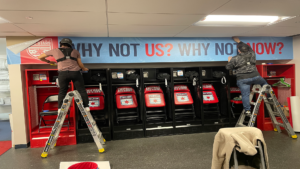
A banner hangs with a quote from coach Donaldson that Laura felt would set the tone for her first season at the helm. It reads: “Why Not Us? Why Not Now?”
Those enterprising lady sluggers from the 1940s felt the same way. The torch has been passed, and one thing is for sure: there’s not enough wind in the Windy City to ever blow it out.
Chicago Red Stars photography by Gretchen Schneider
_
GIRLS SOCCER NETWORK: YOUR SOURCE FOR GIRLS SOCCER NEWS




